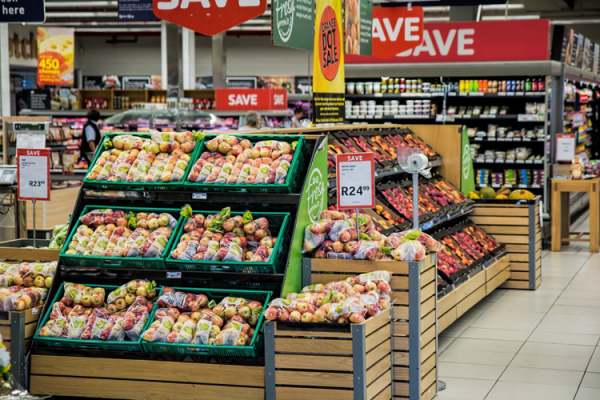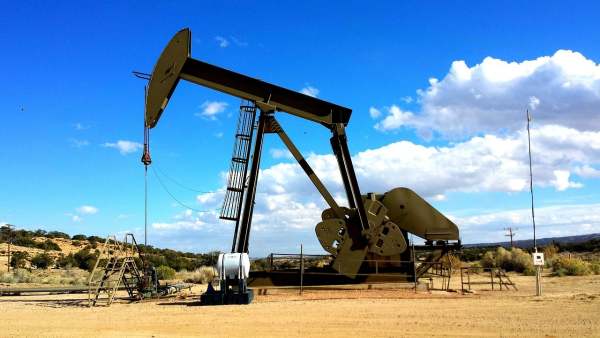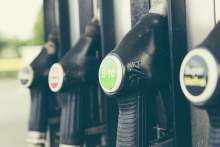TDR: leader in unethical investing
TDR is already a problematic private equity company due to its investment in petrol retailer EG Group. Our research revealed that TDR is invested in another troublesome company. TDR owns 63% of shares in Target Hospitality, a company that builds and manages large-scale accommodation for controversial projects.
Facilitating oil drilling
Target Hospitality’s website lists a range of projects, at least five of which were commissioned by oil companies such as Occidental Petroleum and Marathon Oil. These lodgings are built in remote locations where clients go to drill for fossil fuels.
According to Target’s annual accounts “we provide specialty rental and hospitality services that span the lifecycle of our oil and gas customers’ projects. Our services cover the entire value chain of oil and gas projects, from the initial stages of exploration, resource delineation and drilling to the long-term production, pipeline transportation and final processing”.
Target Hospitality is incorporated in the tax haven Delaware despite its principal offices being based in Texas.
TDR ultimately owns an immigration detention centre
Target Hospitality lists ‘Texas Immigration Facility’, also known as the South Texas Family Residential Centre, among its projects. It built the centre which was commissioned by Corrections Corporation of America (now known as CoreCivic) and US Immigration and Customs Enforcement (ICE).
Target owns this facility, which is the largest migration detention centre for families in the US, and operates it, providing on-site services including catering, culinary, management, janitorial and light maintenance.
The facility has 2,400 beds, and one of the challenges of developing the project cited was its “remote location”. It says "The South Texas facility is the largest project to-date in scope and scale that Target Hospitality has built."
Katy Murdza of the American Immigration Council told Ethical Consumer “Since its opening in 2014, the detention of families at the South Texas Family Residential Center has consistently led to medical neglect, due process violations, and the re-traumatization of asylum-seeking parents and children. It is very common for children to refuse to eat, behaviorally regress, or become despondent soon after arriving at the facility. Families are arbitrarily deported based on superficial decisions made during their detention at the facility, without the opportunity to properly prepare their case or have their fair day in court.”
“The involvement of for-profit corporations like CoreCivic and Target Hospitality in detention creates perverse financial incentives that fuel our mass detention machine. It is crucial that we take private profit out of the equation. However, while this would be an important first step, all types of immigration detention, including local jails and ICE-run facilities, are harmful and unnecessary and should end.”
The BBC reported in February 2021 that a migrant girl from El Salvador, aged 9, had spent 531 days detained by the US in this facility with her mother.
Target Hospitality also built the Athena Olympics site in Greece, used by the US government for the storage of military vehicles and weapons, and a military training centre in Iraq for the US military, called the ‘Basra Training Facility’.








